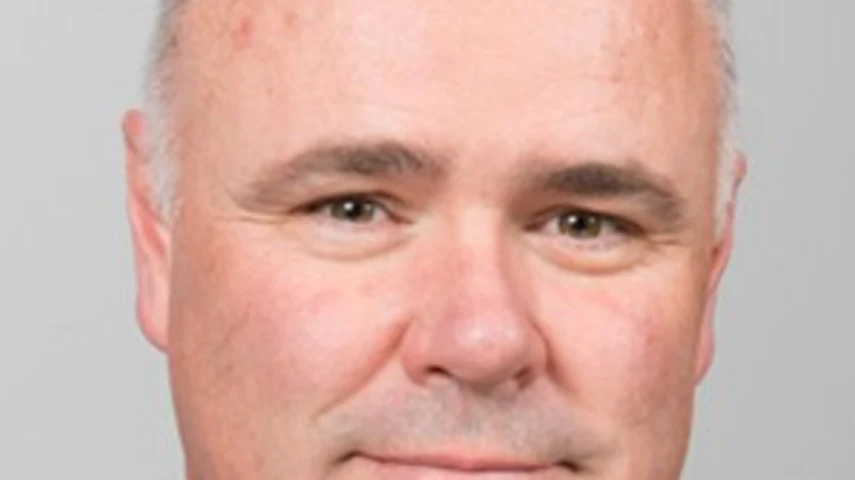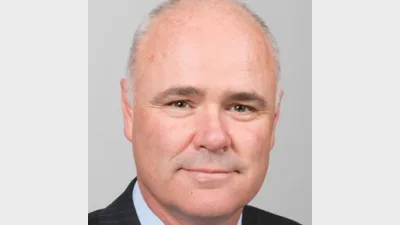Performance before recognition



Despite bagging a number of awards boutique fund manager SG Hiscock states its prime focus is performance across all of its strategies and, as Jason Spits writes, providing advisers with clearly differentiated offerings.
The website of SG Hiscock and Company states, that as a funds management business, it does not go ‘chasing awards' but is happy to be recognised for what it does for its clients.
And the group has garnered more than a decade of recognition including winning a number of Money Management Fund Manager of the Year Awards, the most recent in May of this year in the Australian Equities — small cap category, for its SGH ICE fund.
Managing director and chief executive Stephen Hiscock said the ICE fund, which invests in ASX listed companies with a strong business franchise, has received very strong support. He said regular daily flows were coming from advisers interested in the out performance and lack of correlation with the wider Australian equity market.
According to Hiscock, this interest from advisers is not unexpected and one of the key shifts in asset management in recent years was the sharper focus advisers are bringing to asset management and portfolio construction issues.
"Advisers are very pragmatic and switched on and their professionalism and approach to this issue is well above that of past years. We find the advisers we deal with are looking at managed funds in the same way that asset consultants do," he said.
"Advisers do not seem to mind if a manager is large scale or boutique, they are looking at processes and outcomes and have become more discerning and selective. In fact the professionalism of advisers has been one of the chief drivers of our funds being accessed by more people."
Hiscock said the increased skill of planners and their search for better funds management offerings reflects a correlation with trends in asset management where margins are being heavily compressed while information has gone from being scarce to being in overload.
"We have seen costs in funds management increase in the areas of compliance and operations while also undergoing margin compression during a period of increasing complexity around administration," he said, stating the firm had absorbed these costs as part of doing business.
"At the same time there is an information overload about stocks, about sectors, and a key skill for us is filtering that information. In the 1980's getting information meant you were ahead of the pack but now the overload of information has led to demand for generic, low risk, low fee funds."
Hiscock said his group had intentionally positioned itself as a differentiated high conviction fund manager because the middle ground in funds management was being hollowed out with investors looking for satellite managers to accompany the zero tracking error managers who were filling the core.
"We know people are looking for managers like us — that offer serious bang for their buck. Managers that offer two per cent tracking error as an active position are no longer considered valuable."
According to Hiscock advisers looking for leading active managers should be looking for long term performance stating it is hard to get a true feel for a manager's skill with less than five years track record while 10 years is a clear indication of their long term ability.
"Active managers need to be have demonstrably outperformed the benchmark and have a logical, identifiable process that is understandable by the end investor," he said.
"Our view is that if we perform well as a manager everything else will follow, and clients will be happy, staff will be happy, but we still have to perform."
As a result of this focused approach 14 of the 18 staff at SG Hiscock are involved with investment management with distribution being handled by a mix of internal staff and external partners among the group's institutional, platform, and retail clients.
In the latter category the ten funds on offer by SG Hiscock, which cover Australian equities, absolute returns strategies and property securities, are distributed through a partnership arrangement with Equity Trustees, Fidante, and OnePath and are also rated by the major research houses and on a number of leading platforms.
Fund Manager Facts
Year manager was founded: 2001
Number of Employees: 19
Key Personnel:
- Managing Director/ Chief Executive Officer: Stephen Hiscock
- Portfolio Managers: Grant Berry (REITs), Robert Hook (SGH20), Callum Burns (SGH ICE), Adrian DiMattina (Small Caps), John Thomson (Micro Caps), Sam Scollo (Absolute Return), Rob Tucker (Australia Plus)
Investment styles used: ‘ValueActive’ - A combination of Fundamental assessment and Valuation work.
Asset Classes covered: AREITs, Global REITs, Australian Equities – Large cap, mid cap, small cap, micro cap.
Leading Funds
SGH ICE - Industrial franchise fund
- Minimum Investment Amount: $20,000
- Fees: 1.18 per cent plus performance fee
- One Year Performance: 21.4 per cent to 31/7/15
SGH Australian Plus - Concentrated equity fund + Asia
- Minimum Investment Amount: $20,000
- Fees: 0.7 per cent plus performance fee
- One Year Performance: 24.4 per cent to 31/7/15
SGH20 - Concentrated equity fund
- Minimum Investment Amount: $20,000
- Fees: 1.23 per cent plus performance fee
- One Year Performance: 9.4 per cent to 31/7/15
Major platforms through which funds are available:
AMP, BT Asgard, Colonial First Wrap, HUB 24, IOOF, Macquarie Wrap, MLC Navigator, Mfunds, NetWealth, Onepath, SIV
Research House ratings for funds: Lonsec, Morningstar, Zenith
Total FUM: $2.3 billion
Recommended for you
Australian equities manager Datt Capital has built a retail-friendly version of its small-cap strategy for advisers, previously only available for wholesale investors.
The dominance of passive funds is having a knock-on effect on Australia’s M&A environment by creating a less responsive shareholder base, according to law firm Minter Ellison.
Morningstar Australasia is scrapping its controversial use of algorithm-driven Medalist ratings in Australia next year and confirmed all ratings will now be provided by human analysts.
LGT Wealth Management is maintaining a neutral stance on US equities going into 2026 as it is worried whether the hype around AI euphoria will continue.












